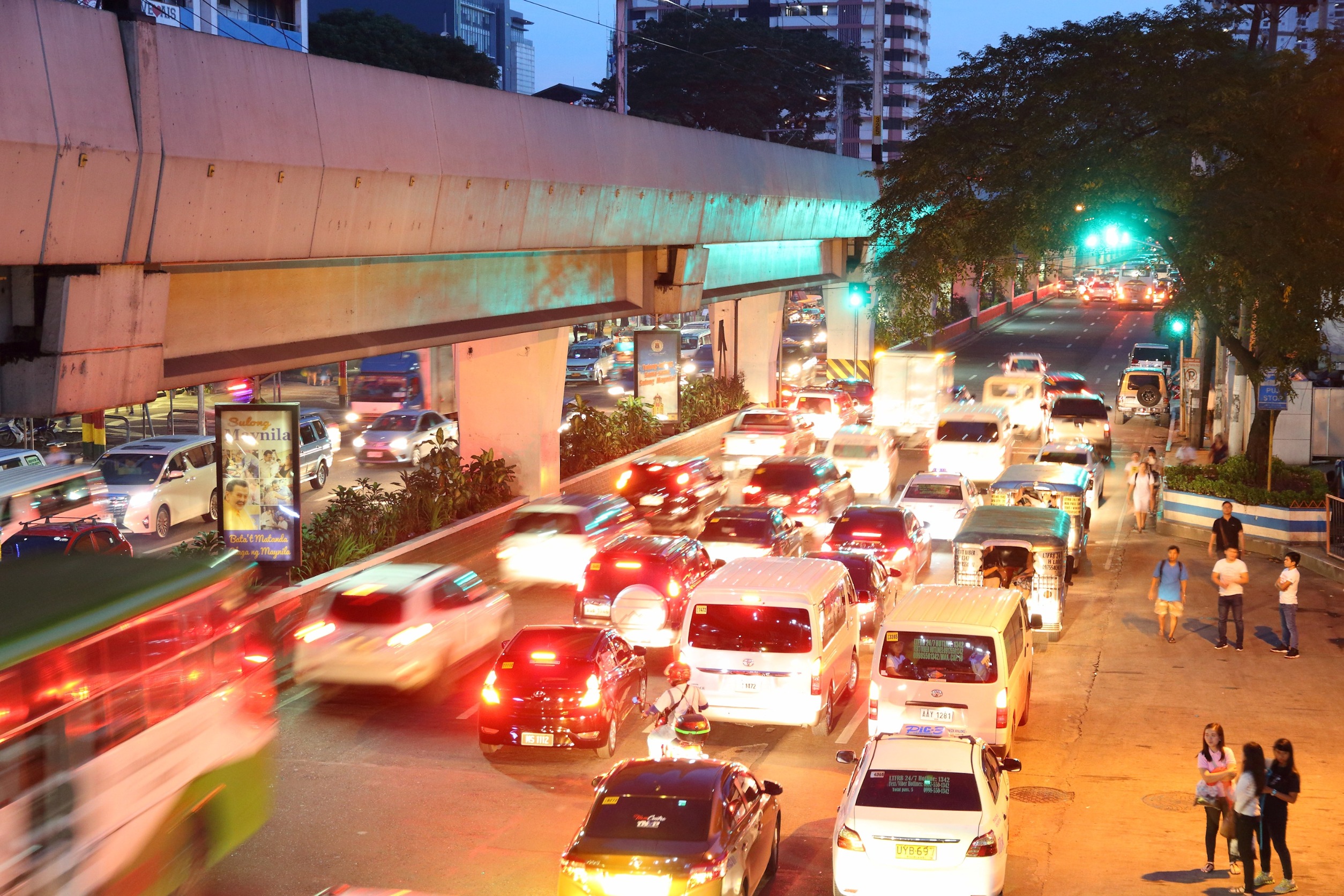FWAs can help reduce traffic congestion issues in the Philippines

There is a need to adopt flexible working arrangements in the Philippines’ private sector, to resolve worsening traffic conditions in the country, as well as lessen the heavy economic losses brought on by road congestion.
This is the goal of Senate Majority Joel Villanueva, who had earlier last week addressed the above issue happening in Metro Manila.
“Organisations and employees should be allowed to arrange for flexible work arrangements instead of having employees report physically in the office every day and losing working hours due to traffic,” Villanueva said in a statement.
A study by the Japan International Cooperation Agency (JICA) showed that economic losses in the Philippines could increase to PHP6 billion (US$106.6 million) per day in 2030 due to heavy traffic, aside from personal, social, and environmental impacts.
Villanueva pushed for the passage of Republic Act No. 11165 or the “Work-from-Home Law” during the 17th Congress seeking to address the country’s traffic situation, as well as filed Senate Resolution No. 859 last year. The resolution urged concerned agencies like the Department of Transportation (DOTr), Metropolitan Manila Development Authority (MMDA), and the Department of the Interior and Local Government (DILG), to review and revisit their plans for easing heavy traffic in the country.
READ MORE: Flexible work arrangements prevail among organisations in New Zealand
“It is also important for the government to study the proposal on the gradual conversion of public buses into electric vehicles and how this will help make the lives of Filipino commuters more convenient and lessen the environmental impact of traffic congestion in the country,” Villanueva shared.
The Management Association of the Philippines, during a recent public hearing at the House of Representatives, has called on the government to declare a “state of traffic calamity” in Metro Manila, as well as the conversion of public buses along the Epifanio Delos Santos Avenue (EDSA) busway concourse to electric vehicles, reported the Philippine News Agency.



